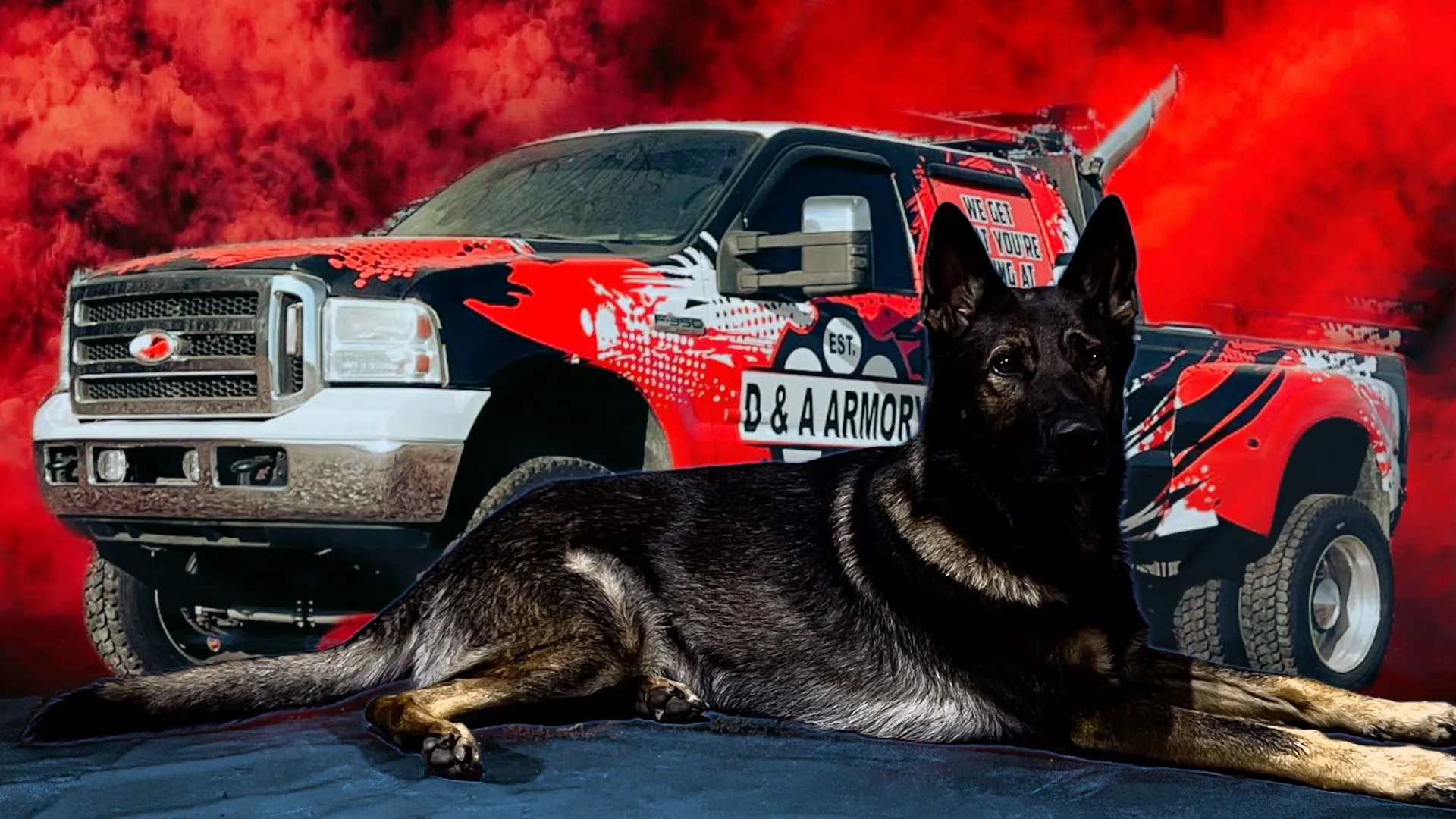K9 Heroes 4 Heroes will choose the best dog for our recipients, train both the dog and the handler to become a successful Service Dog Team. K9 Heroes 4 Heroes will supply the necessary equipment, initial veterinary care and follow up training to maintain these teams.
Service dogs offer companionship and emotional support, which can help alleviate symptoms of post-traumatic stress disorder (PTSD), depression, and anxiety.
Service dogs are trained to alert their handlers to potential threats or triggers, providing a sense of security and safety, especially in crowded or unfamiliar environments.
Many service dogs are trained to assist individuals with mobility impairments by retrieving objects, opening doors, or providing stability while walking.
Service dogs can be trained to wake their handlers during nightmares or flashbacks, helping to interrupt and mitigate these distressing experiences.
Service dogs can serve as a bridge for social interaction, helping veterans and first responders feel more comfortable in public settings and reducing feelings of isolation.
Service dogs require regular exercise and outdoor activity, which encourages their handlers to engage in physical activity as well, promoting overall health and well-being.
With the assistance of a service dog, veterans and first responders may regain a sense of independence and autonomy in their daily lives, reducing reliance on others for assistance.
Overall, service dogs contribute to an improved quality of life for veterans and first responders by providing unconditional love, support, and assistance tailored to their specific needs and challenges.
Service dogs offer companionship and emotional support, which can help alleviate symptoms of post-traumatic stress disorder (PTSD), depression, and anxiety.
Service dogs are trained to alert their handlers to potential threats or triggers, providing a sense of security and safety, especially in crowded or unfamiliar environments.
Many service dogs are trained to assist individuals with mobility impairments by retrieving objects, opening doors, or providing stability while walking.
Service dogs can be trained to wake their handlers during nightmares or flashbacks, helping to interrupt and mitigate these distressing experiences.
Service dogs can serve as a bridge for social interaction, helping veterans and first responders feel more comfortable in public settings and reducing feelings of isolation.
Service dogs require regular exercise and outdoor activity, which encourages their handlers to engage in physical activity as well, promoting overall health and well-being.
With the assistance of a service dog, veterans and first responders may regain a sense of independence and autonomy in their daily lives, reducing reliance on others for assistance.
Overall, service dogs contribute to an improved quality of life for veterans and first responders by providing unconditional love, support, and assistance tailored to their specific needs and challenges.
Service dogs offer companionship and emotional support, which can help alleviate symptoms of post-traumatic stress disorder (PTSD), depression, and anxiety.
Service dogs are trained to alert their handlers to potential threats or triggers, providing a sense of security and safety, especially in crowded or unfamiliar environments.
Many service dogs are trained to assist individuals with mobility impairments by retrieving objects, opening doors, or providing stability while walking.
Service dogs can be trained to wake their handlers during nightmares or flashbacks, helping to interrupt and mitigate these distressing experiences.
Service dogs can serve as a bridge for social interaction, helping veterans and first responders feel more comfortable in public settings and reducing feelings of isolation.
Service dogs require regular exercise and outdoor activity, which encourages their handlers to engage in physical activity as well, promoting overall health and well-being.
With the assistance of a service dog, veterans and first responders may regain a sense of independence and autonomy in their daily lives, reducing reliance on others for assistance.
Overall, service dogs contribute to an improved quality of life for veterans and first responders by providing unconditional love, support, and assistance tailored to their specific needs and challenges.
K9 Heroes 4 Heroes are proud to partner with Ridgeside K9 Ashtabula and with Precision Dog Training Academy. They help to make our teams successful and more.
K9 Heroes 4 Heroes are proud to partner with Ridgeside K9 Ashtabula and with Precision Dog Training Academy. They help to make our teams successful and more.

Help support K9 Heroes 4 Heroes by purchasing a raffle ticket to win a Dan Wesson 1911 Pistol, custom engraved for K9 Heroes 4 Heroes, generously donated by D&A Armory.